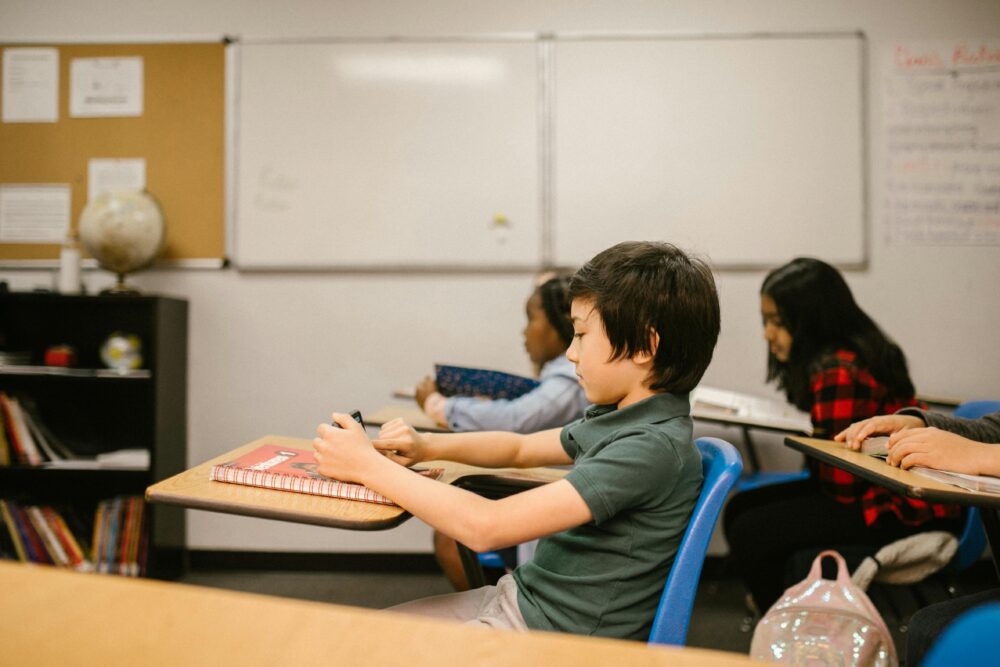29,000 NYC Students with Disabilities Failed to Receive Required Special Education Instruction
Today, Kim Sweet, Executive Director of Advocates for Children of New York (AFC), issued the following statement in response to the release of the New York City Department of Education’s отчет с данными специального образования for the 2018-19 school year.

New York City continues to fall short when it comes to educating its students with disabilities. While the percentage of City students fully receiving their recommended special education instruction continued to trend in the right direction in 2018-19, we are nevertheless dismayed that more than 15 percent of students with disabilities—a total 28,960 children, more than the total enrollment of the Yonkers public schools—still did not fully receive the instruction to which they are legally entitled.
Moreover, today’s report merely tells us how many students with disabilities were in the class setting recommended by their Individualized Education Program (IEP) as of the last day of school, and how many students received at least one session of a related service, such as counseling or speech therapy, before the year was over. At a time when only 16 percent of students with disabilities are proficient in reading, a student who was recommended for an Integrated Co-Teaching (ICT) English Language Arts class in September but did not set foot in such a classroom until February would still count as “fully” served, as would a student who went nine months without mandated speech therapy but had a single session in June. In addition, based on current reporting requirements, these numbers are available only for the City as a whole. We are calling on the DOE to release district-level quarterly public reports so that parents and advocates can assess how well their local schools are serving students with disabilities throughout the year.
The modest decrease in the timeliness of evaluations in 2018-19 is a clear signal that the City must invest in additional school psychologists, as a delay in evaluating a student inevitably means a delay in providing appropriate services if that student is found eligible. For more than one in four students who were evaluated for special education for the first time last year, more than two months passed before an IEP meeting was held to determine what learning support should be put in place, in large part because current staff are burdened by unmanageable caseloads. Two months can feel like a lifetime to a child who is struggling in school, falling behind their peers, and rapidly losing confidence in their own abilities. The special education process can be a lengthy one, even when all timelines are followed; these additional delays in getting students the help they need are simply unacceptable.
Finally, today’s report illustrates the continuing need to improve special education data management. In February 2019, the DOE announced that it would be eliminating its Special Education Student Information System (SESIS), but the City has yet to provide any details as to how or when this phase-out will occur. We urge the DOE to release a public plan and timeline to ensure a smooth transition from SESIS to its replacement, including full access for parents to their children’s records.
On the first day of school in September, Chancellor Carranza said, “As educators, it is our great responsibility to give each student the instruction and support they need to meet the high bar we’ve set.” We agree. As the DOE focuses on improving the day-to-day work of teaching and learning, it is essential that strengthening instruction for students with disabilities be central to that effort.